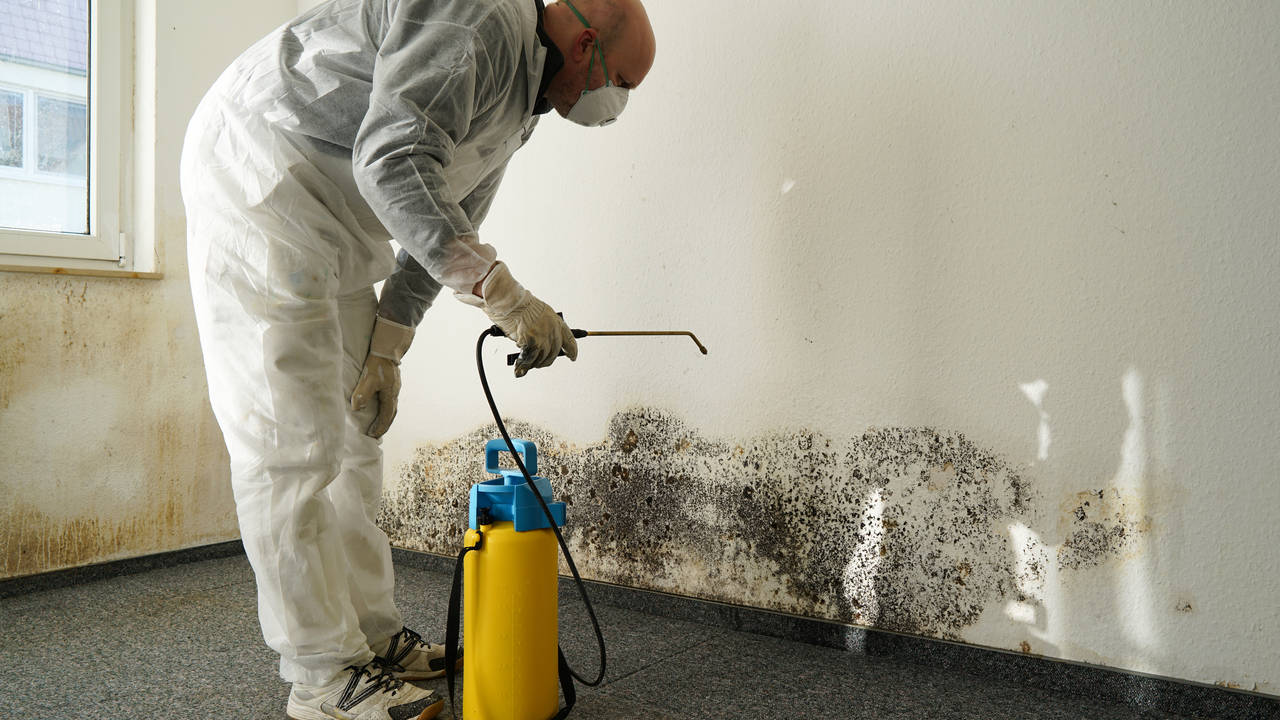It's important to thoroughly inspect a property for flaws before purchasing a home. Any problems missed during the home inspection process can cost you thousands of dollars in repair costs down the road and can give you a serious case of buyer's remorse. That's why it's important to hire a competent licensed professional to conduct a home inspection before closing your purchase. That way, if you catch any issues, they can be factored into your purchase agreement.
What to Look Out for During a Home Inspection
Depending on the professional you hire and location of your purchase, certain items may take precedence during the home inspection over others. Most of the typical items subject to inspection are outlined in the standards established by the National Society of Home Inspectors.
It's a good idea to be present when the home inspector is evaluating the property. That way, you can ask questions and point out any issues you want examined closely. As a home-buyer, you should note that home inspectors are not required to examine everything; they will not move furniture nor will they enter any crawl spaces they deem too small. For that reason, it's important to be there in person so you can judge for yourself whether a property was fully inspected. Below are some of the guidelines that outline some of the items that are typically looked at during a home inspection:
Interior
Foundation: Are there any shifts or cracks visible? Are there any trees nearby that might grow roots beneath the foundation?
Floors and Drywall: Is the floor-base intact? Are any large cracks visible on the interior walls? Is there evidence of leaks or mold?
Stairways: Are the railings intact? Is there any noticeable noise or movement from the steps when weighted?
Windows: Are the windows properly sealed from the inside and outside? Are the frames movable/in decent condition?
Ventilation: Are the vents functioning properly? Is there sufficient circulation throughout the home?
Exterior
Lawn and Yard: Are there any standing pools of water or evidence of buildup? What is the condition of the drainage system?
Siding and Gutters: Does the siding need replacement? Are the gutters in good condition? Are any cracks visible along the exterior walls?
Decks and Porches: Are the railings intact? Are there any loose floorboards? Are there any issues with structural integrity?
Garage: Is the ceiling and concrete foundation intact? Is the garage connected or separated from the rest of the house?
Utilities
Appliances and Fixtures: What is the age and condition of the fixed appliances? Is anything loose, malfunctioning or in need of repair?
HVAC: Are the heating and cooling systems functioning properly? Are there any potential fire hazards or strange smells that can be sourced?
Electrical: What is the condition of the wiring? Are the panels and circuit breakers in good condition? Is the wiring up to code?
Plumbing: What is the condition of the piping? Are there any leaks or faulty joints? Is there sufficient water pressure? Does the drainage system flow properly?
Costs and Benefits of a Home Inspection
Typically, the home-buyer will foot the cost of a professional home inspection. Home inspections can occur anytime the house is in escrow, particularly between the signing of the purchase contract and the closing date. However, it's important to complete the inspection early in the process, in order to allow time to work through any issues that might be discovered.
The benefits of a proper home inspection are twofold: first you gain more insight into the actual condition of the house, and second, you may be able to gain more leverage when negotiating with the seller. If a large number of flaws are discovered during the process, the buyer can request that the seller make necessary repairs, or ask for additional cost concessions.
Additionally, if the purchase contract you signed contains an inspection contingency, you may also be able to back out of the contract without penalty if the inspection reveals any serious faults with the property. Conversely, from the seller's perspective, getting an inspection before placing your home on the market can give you a significant advantage when listing your property for sale. If properly disclosed and addressed upfront, you may be able to head off and address any problems before the buyer discovers a nasty surprise themselves.
Hiring the Proper Home Inspector
It's important to verify that any home inspector you hire is licensed to protect you from any legal or financial problems. There could also be added benefits if your home inspector is a member of a special organization. For example, the International Association of Certified Home Inspectors may compensate customers for potential losses if a member of their organization fails to detect anything major. In some instances, if the application is made within 90 days of closing, the association may even offer to buy back your home.
Finally, you should keep in mind that home inspectors will not examine every inch of a home, so you may need to hire specialists for specific problems you want examined. This may include roofing, asbestos, air quality or even nuisance related issues, like mice or roaches. Nevertheless, a proper home inspection is a good way to protect yourself and your investment in your new home.


Comments(1)